Induction Brazing an Aluminum Assembly
Objective A company wanted to assess using induction heating for their aluminum assembly brazing process, and contacted THE LAB at Ambrell to utilize...
Applications
Applications: More
Applications: More

Industries:
Industries: More
Industries: More
Industries: More

Products:
Products: More
Services:
Services: More

Learn:
Learn: More
About:

1 min read
Brett Daly
4/28/17 3:59 PM
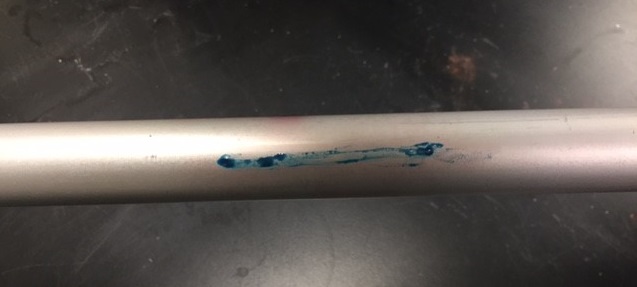
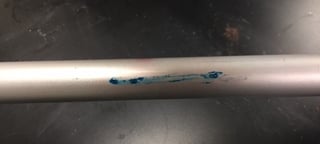
A client had been using torches for heating parts prior to bending in the automotive accessory industry. However, they wanted to improve upon the speed, repeatability and safety that torch heating offered. Consequently, they turned to THE LAB at Ambrell to help them design a process that met their specifications and budgetary requirements.
THE LAB determined that an Ambrell EASYHEATTM 3.5 kW induction heating system would achieve their heating time requirement of 120 seconds. For testing, a specially-designed single position multiple-turn split-helical coil was designed. Temperature indicating paint was applied to the part to identify when it achieved the targeted temperature of 500 oF (260 oC). Testing confirmed that the process was viable and the system could achieve the targeted heating time of two minutes.
The client benefited from speed gains and repeatability along with enhanced safety since induction doesn't introduce a flame into the work environment. Want to learn about other applications that THE LAB has assessed? Check out our applications library.
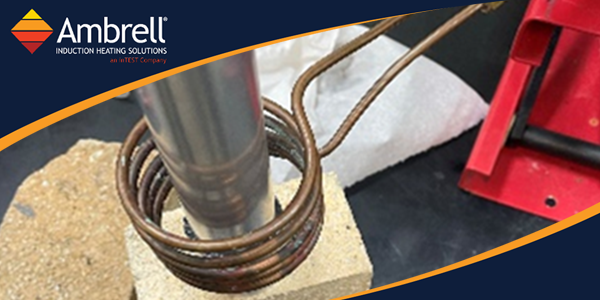
Objective A company wanted to assess using induction heating for their aluminum assembly brazing process, and contacted THE LAB at Ambrell to utilize...
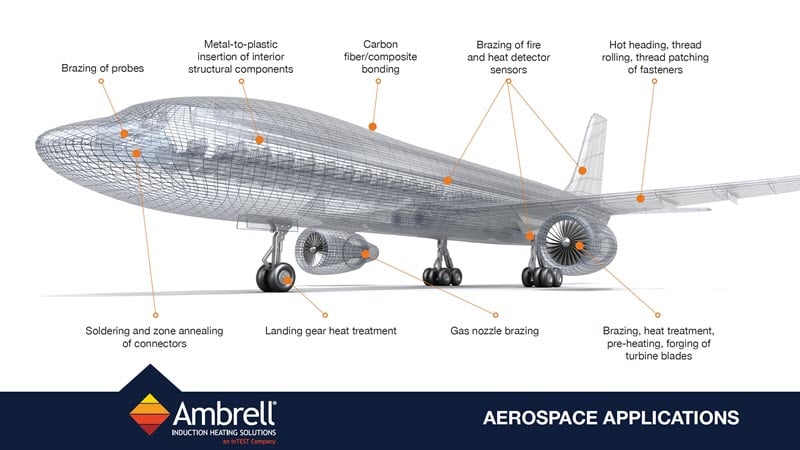
Induction heating is a process that uses electromagnetic fields to heat electrically conductive materials. It has been used in numerous industries...
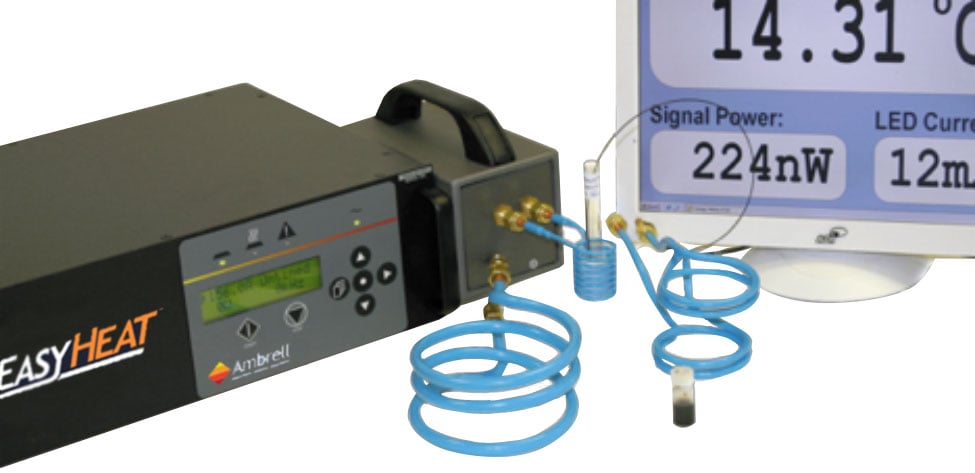
Induction heating, a process that uses electromagnetic induction to heat electrically conductive materials, is often thought of for large industrial...